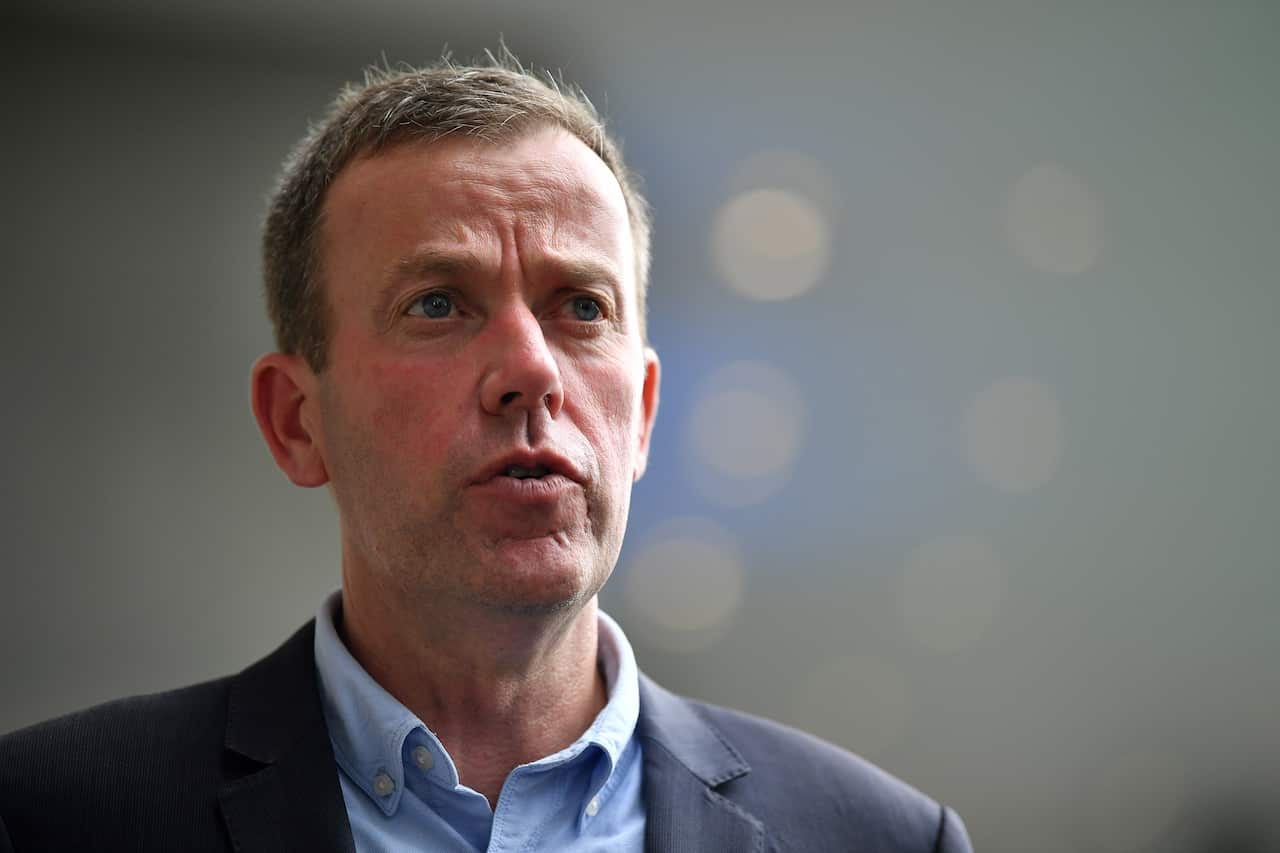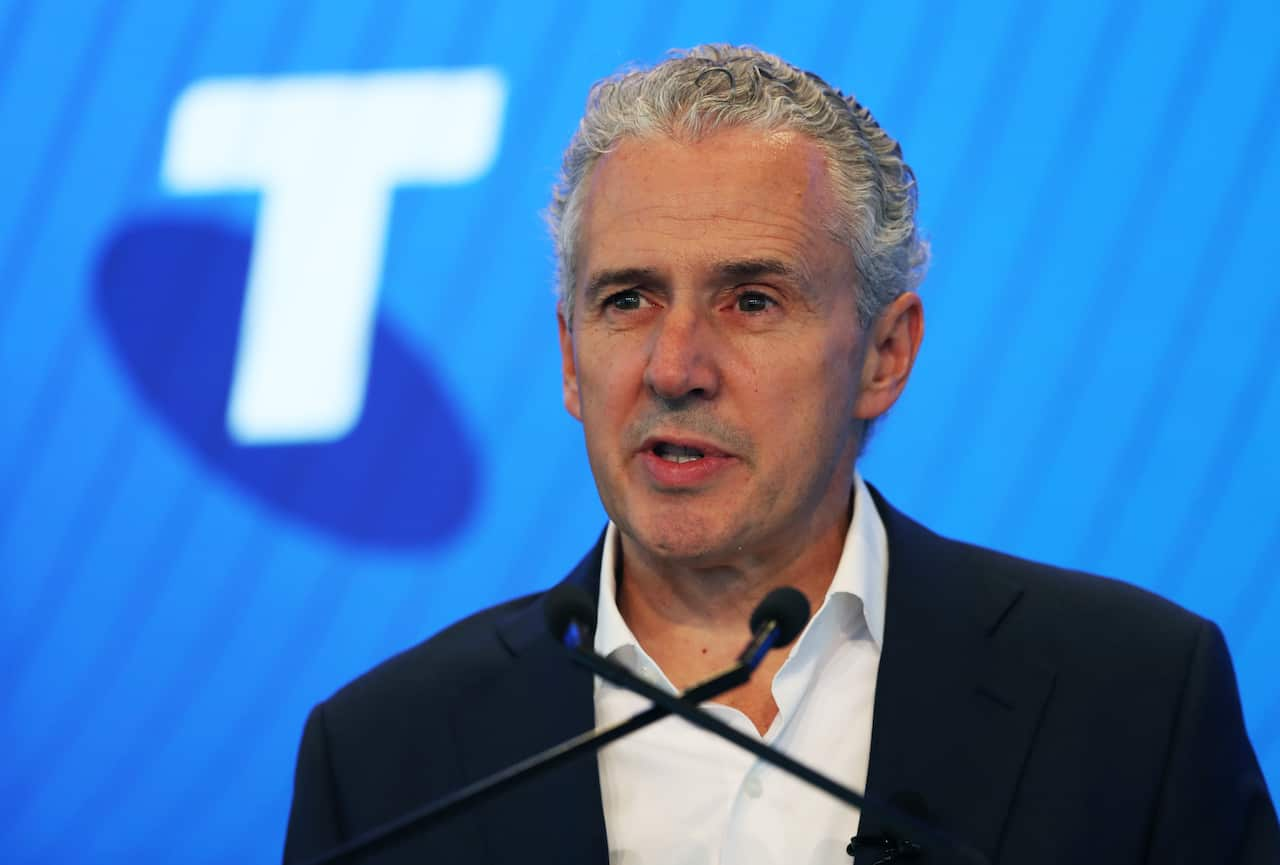The injection of almost $1.8 billion in taxpayer money to help Telstra buy the largest telecommunications operator in the Pacific is a clear attempt to block the rising influence of China in the region, analysts say.
The Australian government will fund the bulk of the deal to acquire Digicel Pacific, with its contribution dwarfing the just $270 million from Telstra.
Digicel Pacific - which is headquartered in Papua New Guinea - provides telco services across various island nations in the region, including Fiji, Samoa, Vanuatu, Tonga, and Nauru.
In a joint statement on Monday, Foreign Minister Marise Payne, Trade Minister Dan Tehan and Pacific Minister Zed Seselja said the government expected to see a long-term return from the deal.
However, director of the Pacific islands program at the Lowy Institute, Jonathan Pryke, said the Australian government’s investment was no doubt an attempt to prevent the asset falling into the hands of China.
“They’re kind of trying to shoot two birds with one stone here: curb Chinese influence and control over key sectors in the Pacific, and at the same time get a big Australian business back into the Pacific,” he said.
Mr Pryke added that the decision showed Australia must have been “very anxious” about the risk of the telco becoming owned by a state-owned Chinese company as the adoption of 5G ramps up in the Pacific.
“It’s to prevent spying, [but also to] keep China out of critical service sectors in the Pacific," he said.
The deal comes after several months of discussions between the federal government and Telstra.
It also follows reports Chinese state-owned China Mobile had also expressed interest in buying the Pacific arm of the telco business.
K2 Asset Management head of research George Boubouras said the government’s strategic interests were definitely at play.
“On one level is to it is a strategic asset for the government, without a doubt, because of the Belt and Road initiative from China. There’s that elephant in the room that needs to be discussed,” he said.
“But it’s a great asset for Telstra. It’s really a risk-free way of doing it because of the support from the government.”

Mr Tehan, however, would not be drawn on whether regional politics were responsible for the move.
“What we saw was an opportunity to invest in very productive infrastructure in the Pacific, which will help the Pacific continue to grow and develop,” he told SBS News.
Under the deal, expected to be completed by mid-next year, Telstra would own 100 per cent of Digicel Pacific.
Telstra CEO Andrew Penn said the company considered the deal a “commercially attractive” one.
“It offers us long-term growth potential and obviously the government is supporting because the region is important to the government,” he said.

Chinese control of telecommunications companies has been a long-held concern of the Australian government and its allies.
In 2018, Australia banned Chinese-owned tech giant Huawei from taking part in the rollout of 5G mobile infrastructure over national security concerns.
Similar moves have also been adopted in the US and UK.
Mr Pryke said the significance of the government’s decision to bankroll this latest deal should not be underestimated, with its contribution amounting to more than the entire Pacific aid program on any given year.
"The risk will fall with the Australian government if this goes pear-shaped and it’s not just about the cost it’s also about the reputation of Australia," he said.
Labor’s spokesperson for the Pacific, Pat Conroy, said the opposition supported the acquisition in principle.
Additional reporting by Ricardo Goncalves.

